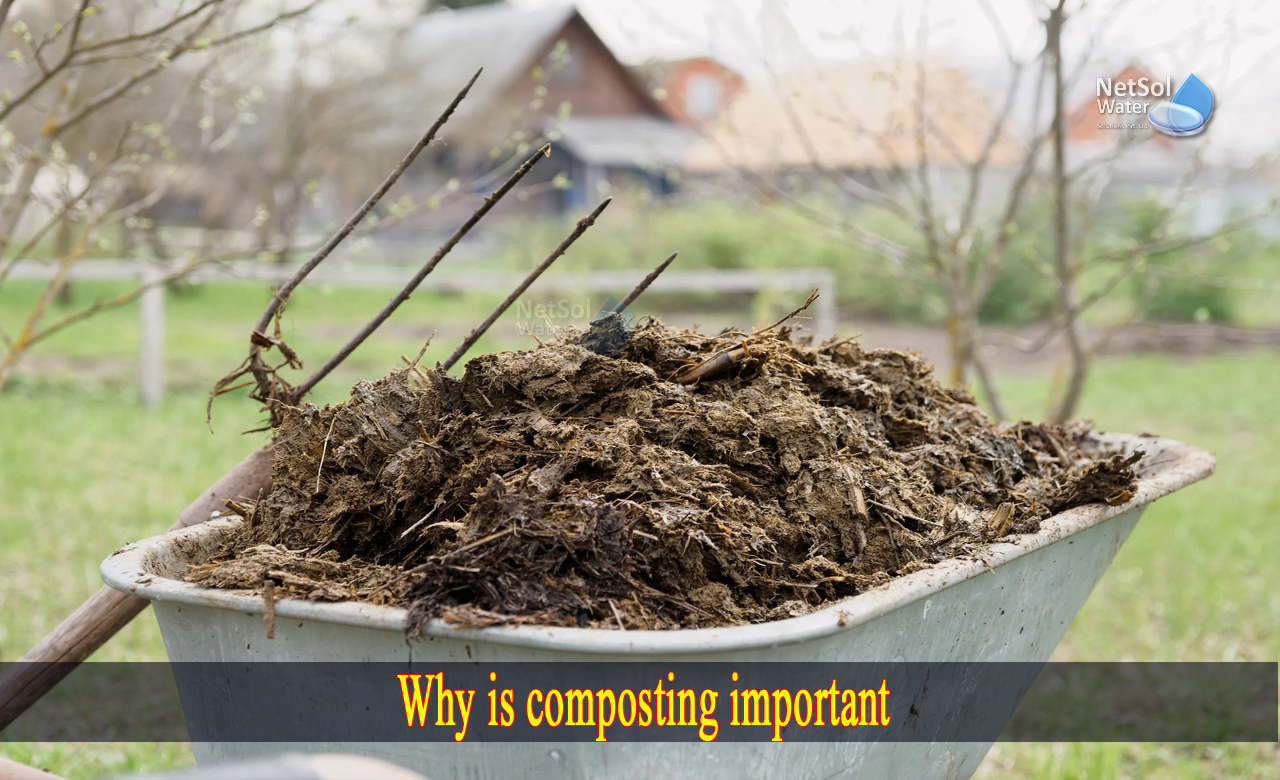What is compost?
It is an organic material that has decomposed, such as leaves, grass clippings and kitchen waste. It contains numerous vital elements for plant development and is hence frequently used as fertilizer. Compost also enhances soil structure, allowing it to contain the proper quantity of moisture, nutrients and air.
Composting requires nitrogen-rich 'greens,' carbon-rich 'browns,' water, and air.
1: Green leaves, coffee grounds/filters, tea bags, plant trimmings, fruit and vegetable leftovers, eggshells and fresh grass clippings are all examples of greens.
2: Dead plants, sawdust from untreated timber, twigs, dried grasses, weeds, straw and leaves are examples of browns.
3: Water enables bacteria in your compost to flourish and aid in the decomposition of the material.
4: Moisture should be present in the compost. Air assists in decomposition and eliminates odours. One part green to four parts brown is an excellent ratio.
Why is composting important?
1: It is environmental friendly. Food leftovers that are thrown away decompose without oxygen, creating methane, a greenhouse gas that is 25 times more powerful than carbon dioxide. Food scraps, on the other hand, when composted, provide a beneficial soil addition that sequesters carbon and aids in erosion control.
2: Composting minimizes the quantity of waste from your home that ends up in a landfill, which can save you money if you pay for waste collection at your house.
3: It is a more sanitary system. Aromatic food leftovers include melon rinds, shrimp shells, aged meat, and banana peels, to mention a few. Your wastewill attract fewer flies and other pests without them, and the waste will not smell. This means you won't have to empty a half-full waste bag because anything is decaying within. This will help you cut your waste even more. Our food recyclers are designed to keep pests out.
4: You receive your compost back. If you have a vegetable or flower garden, you are well aware that completed compost delivers vital nutrients to your plants. Compost is utilized by local farmers, community gardens, and landscapers to promote soil health in our region, which helps to preserve our "dynamic living ecosystem that nourishes plants, animals, and humans," according to the Soil Conservation District. This fertilizer is far more beneficial to the environment than synthetic fertilizers.
Conclusion
Composting food waste is very simple with a handy pick-up service like ours. With all of these compelling reasons to get started, it's no surprise that more and more individuals in India are beginning to compost!
Domestic Food Waste Recycler is also a convenient and quick way to dispose of food waste. This handy kitchen disposal machine may save you time by dissolving food particles. But everyone wants to know where they may obtain this great Food Waste Recycler!
Netsol Water can assist you with the best waste disposal plant for your kitchen requirements. Talk to one of our advisers to discover more about our waste management practices, including Domestic Food Recyclers!



